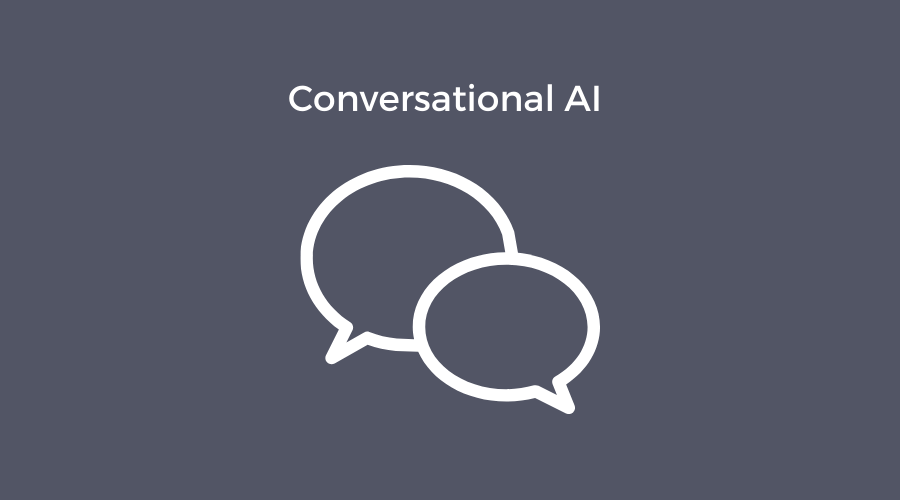
Conversational AI Recruiting vs Candidate Black Hole
Job seekers browsing company career sites these days may be interacting with recruiter chatbots. But that recruiter who’s being so helpful may actually be a conversational AI chatbot in disguise.
Surprised? Don’t be. Chatbots have come a long way from just a few years ago when they were little more than text versions of those annoying telephone option trees. Today’s conversational AI recruiting software is so good they sometimes are mistaken for human recruiters.
Instead of offering a multiple-choice text list of questions or help, AI chatbots converse naturally, which is why they are often referred to as conversational chatbots. Many understand language so well they can figure out the intent even when the question is ambiguously worded. Today most vendors in the space refer to it simply as ‘conversational AI’.
The advances in artificial intelligence and natural language processing (NLP) are prompting more and more employers to incorporate AI chatbots into their recruiting programs. When deployed on a company career site, surveys show these bots enhance candidate satisfaction and improve the quality of candidates who apply.
A recent survey of organizations with a recruiting AI chatbot found 71% reporting their candidates were “satisfied” or “very satisfied” with the experience. Not one reported a negative response. In fact, 50% of organizations with an AI chatbot say the most important benefit is the improved candidate experience.

What makes these conversational AI recruiting bots so popular is that unlike a human recruiter, they’re ready to answer questions 24 hours a day, every day of the week. Their instant response time is a plus for candidates who might otherwise have to wait hours or days for an answer to the simplest of questions – and that’s if there’s even a way to ask a question at all. That immediacy is a panacea for candidates who sometimes refer to the job search as a black hole unable to reach anyone at the company to get more information about the role.
Besides helping job candidates at the pre-application stage, these bots can schedule phone screens and interviews, gather additional information and update candidates on the status of their application, eliminating the dreaded “black hole.” That adds up to a much better candidate experience, plus can also result in a significant savings in recruiter time.
When the cosmetics company L’Oreal implemented a conversational chatbot to screen, schedule and automate phone interviews, the time was cut from 45 minutes to less than five.
AI bots are also highly versatile in how they interact with candidates, communicating by email, text message, and even by voice phone. Some companies are using AI chatbots to help mobile users complete a job application entirely using voice responses.
So useful are AI chatbots becoming that 40% of Gen Z users consider them important for an employer to have on the company career site.
Increasingly, talent acquisition leaders are discovering chatbots also offer a wealth of intelligence into candidate interests and concerns. By analyzing the questions candidates ask, AI chatbots can help develop recruitment marketing programs and give recruiting leaders insight into what most matters to the talent they want to attract.
Though the majority of recruiting chatbots in use today are still the multiple-choice. decision tree type, AI bots that understand natural language are fast becoming the standard. The reasons are clear: Conversational AI recruiting chatbots improve the candidate experience, save recruiter’s time and provide the kind of analytical insights that lead to more effective talent acquisition.


